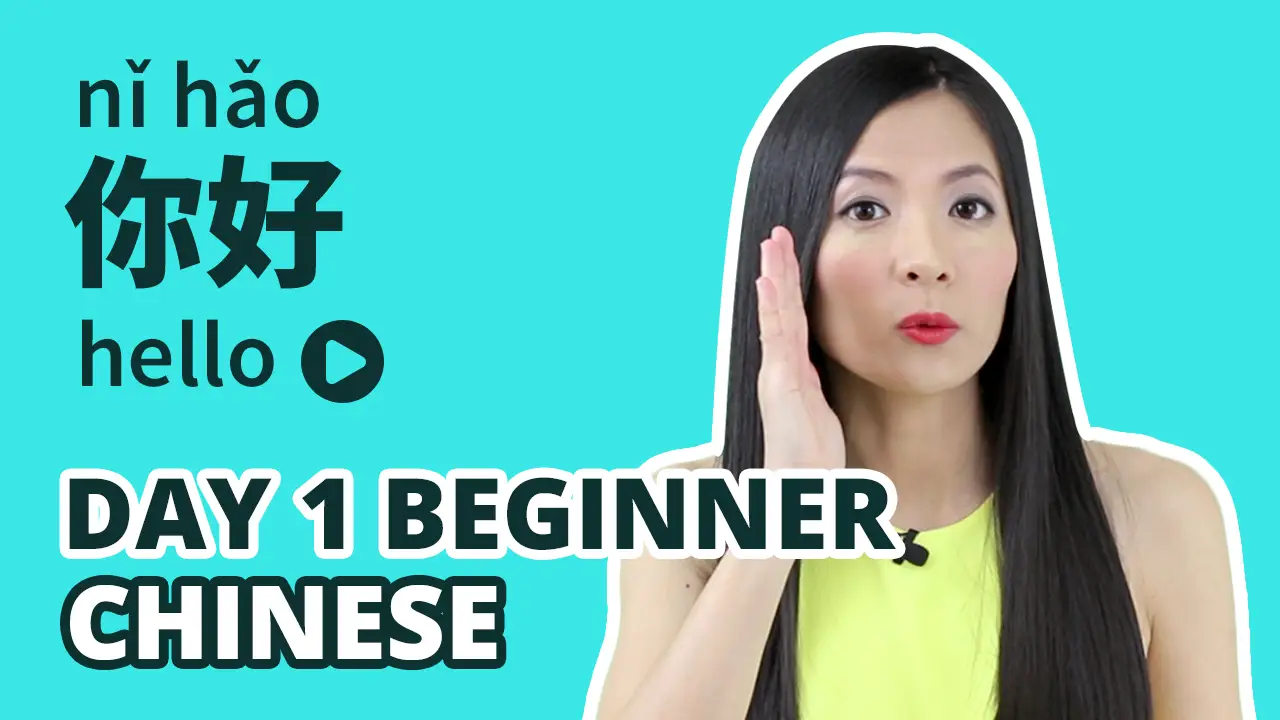Beginner Lesson 20.1 – Like; Eat and Drink
Eat And Drink In Chinese | Say Like In Chinese
Learn how to say eat and drink in Chinese. Be able to answer yes or no question in Chinese and say like in Chinese.
- How to say like in Chinese: 喜欢
- Eat and drink in Chinese: 吃 喝
- Some beverages in Chinese: 水 茶 可乐
- Rice in Chinese: 米饭
- How to answer yes or no question in Chinese
VOCABULARY
GRAMMAR
Grammar 1: How to Say Like in Chinese · HSK 1
xǐhuan 喜欢 like
xǐhuan 喜欢 is what we use to say like in Chinese. Just like in English, you either like something or like doing something. When you say like in Chinese, you either 喜欢 something or 喜欢 doing something. To say like something in Chinese, we use this structure:
喜欢 + noun (phrase)
For example:
- tā xǐhuan zhèběn shū
他喜欢这本书。
he likes this book - Lǐ lǎoshī xǐhuan nà bù shǒujī
李老师喜欢那部手机。
teacher Li likes that cellphone
And if we want to say like doing something in Chinese, we use:
喜欢 + verb (phrase)
For example:
- wǒde péngyou xǐhuan chī píngguǒ
我的朋友喜欢吃苹果。
my friend likes eating apples - Zhōngguórén xǐhuan hēchá
中国人喜欢喝茶。
Chinese people like drinking tea
And if you don't like something or don't like doing something, we can just add the negative adverb 不 right before the verb 喜欢.
不 + 喜欢
For example:
- wǒ mèimei bù xǐhuan zhèkuài shǒubiǎo
我妹妹不喜欢这块手表。
my little sister doesn't like this wristwatch - tāmen de lǎoshī bù xǐhuan hē kělè
她们的老师不喜欢喝可乐。
their teacher doesn't like drinking cola
Grammar 2: Eat and Drink in Chinese · HSK 1
chī 吃 to eat | hē 喝 to drink
How to say eat and drink in Chinese? To eat is chī 吃 and to drink is hē 喝. The two of them are among the most commonly used verbs in Chinese. Here are example sentences of using eat and drink in Chinese:
- wǒde tóngxué bù chī mǐfàn
我的同学不吃米饭。
my classmate doesn't eat rice - zhège xuésheng xǐhuan hē kělè
这个学生喜欢喝可乐。
this student likes drinking cola
Grammar 3: Answer Yes or No Question in Chinese· HSK 1
To answer a yes or no question in Chinese, generally there are two ways. We could go with either a short response or the full sentence:
I. Short response:
Q: nín shì lǎoshī ma 您是老师吗? Are you a teacher? Y: shì 是。 yes N: búshì 不是。 no
II. Full sentence:
Q: nín shì lǎoshī ma 您是老师吗? are you a teacher Y: wǒ shì lǎoshī 我是老师。 I am a teacher N: wǒ búshì lǎoshī 我不是老师。 I am not a teacher
With the short response, in English when we answer a yes or no question, we can almost always response with "yes" or "no" and don't go wrong. However, to answer yes or no question in Chinese might be just a little bit more complicated.
Literally, this is how we say yes and no in Chinese: shì 是 yes, and bù 不 no. However, not every yes or no question can be answered with 是 or 不. The response depends on the verb used in the question.
(1) If the verb in the question is 是, we can simply answer with 是 and 不 or 不是 (不是 is more common than 不):
Q: jīntiān shì xīngqītiān ma 今天是星期天吗? is today Sunday Y: shì 是。 yes N: bù / búshì 不 / 不是。 no
Q: nín shì Lǐ xiānsheng ma 您是李先生吗? are you Mr. Li Y: shì 是。 yes N: bù / búshì 不 / 不是。 no
(2) If the verb in the question is not 是 nor a special verb, we can also simply answer with 是 and 不 (or 不是):
Q: tā xìng Lǐ ma 他姓李吗? is his last name Li Y: shì 是。 yes N: bù / búshì 不 / 不是。 no
Q: tā jiào Dàwèi ma 他叫大卫吗? is his called David Y: shì 是。 yes N: bù / búshì 不 / 不是。 no
(3) If the verb in the question is among the special ones, just like the two verbs that we've learned in this course: 喜欢 and 认识, the structure we use to answer yes or no question would be:
YES: the verb
NO: bù 不 + the verb
For example:
Q: nǐ xǐhuan hēchá ma 你喜欢喝茶吗? do you like drinking tea Y: xǐhuan 喜欢。 (yes, I) like N: bù xǐhuan 不喜欢。 (no, I do) not like
Q: tā rènshi nǐ gēge ma 他认识你哥哥吗? does he know your big brother Y: rènshi 认识。 (yes, I) know (him) N: bú rènshi 不认识。 (no, I do) not know (him)
5 Comments
Leave a Reply
You must be logged in to post a comment.

老师, what’s the difference between using 是 and 对?
I usually hear it as a reply for ‘yes’
How do you know if a verb is special or not? Is there a list?
Why does xǐhuan not have the first tone like xǐhuān?
Please refer to our Lesson on Chinese Neutral Tone.